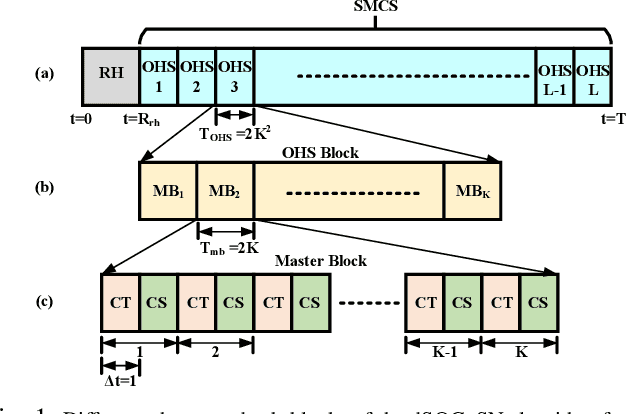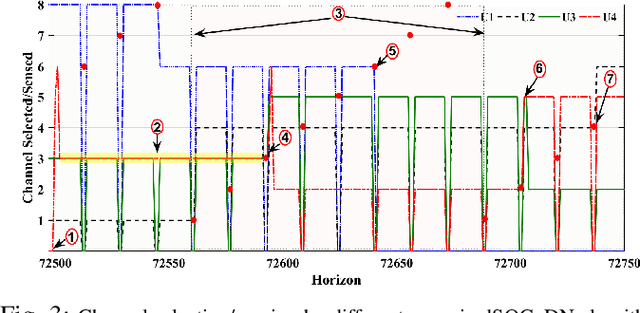Sumit J Darak
Hardware Software Co-Design Based Reconfigurable Radar Signal Processing Accelerator for Joint Radar-Communication System
Mar 03, 2023Abstract:Millimeter wave (mmW) codesigned 802.11ad-based joint radar communication (JRC) systems have been identified as a potential solution for realizing high bandwidth connected vehicles for next-generation intelligent transportation systems. The radar functionality within the JRC enables accurate detection and localization of mobile targets, which can significantly speed up the selection of the optimal high-directional narrow beam required for mmW communications between the base station and mobile target. To bring JRC to reality, a radar signal processing (RSP) accelerator, co-located with the wireless communication physical layer (PHY), on edge platforms is desired. In this work, we discuss the three-dimensional digital hardware RSP framework for 802.11ad-based JRC to detect the range, azimuth, and Doppler velocity of multiple targets. We present a novel efficient reconfigurable architecture for RSP on multi-processor system-on-chip (MPSoC) via hardware-software co-design, word-length optimization, and serial-parallel configurations. We demonstrate the functional correctness of the proposed fixed-point architecture and significant savings in resource utilization (~40-70), execution time (1.5x improvement), and power consumption (50%) over floating-point architecture. The acceleration on hardware offers a 120-factor improvement in execution time over the benchmark Quad-core processor. The proposed architecture enables on-the-fly reconfigurability to support different azimuth precision and Doppler velocity resolution, offering a real-time trade-off between functional accuracy and detection time. We demonstrate end-to-end RSP on MPSoC with a user-friendly graphical user interface (GUI).
Distributed Learning and Stable Orthogonalization in Ad-Hoc Networks with Heterogeneous Channels
Dec 24, 2018



Abstract:Next generation networks are expected to be ultra dense and aim to explore spectrum sharing paradigm that allows users to communicate in licensed, shared as well as unlicensed spectrum. Such ultra-dense networks will incur significant signaling load at base stations leading to a negative effect on spectrum and energy efficiency. To minimize signaling overhead, an ad-hoc approach is being considered for users communicating in an unlicensed and shared spectrum. A decision of such users needs to completely decentralized as: 1) No communication between users and signaling from the base station is possible which necessitates independent channel selection at each user. A collision occurs when multiple users transmit simultaneously on the same channel, 2) Channel qualities may be heterogeneous, i.e., they are not same across all users, and moreover are unknown, and 3) The network could be dynamic where users can enter or leave anytime. We develop a multi-armed bandit based distributed algorithm for static networks and extend it for the dynamic networks. The algorithms aim to achieve stable orthogonal allocation (SOC) in finite time and meet the above three constraints with two novel characteristics: 1) Low complex narrowband radio compared to wideband radio in existing works, and 2) Epoch-less approach for dynamic networks. We establish convergence of our algorithms to SOC and validate via extensive simulation experiments.
 Add to Chrome
Add to Chrome Add to Firefox
Add to Firefox Add to Edge
Add to Edge